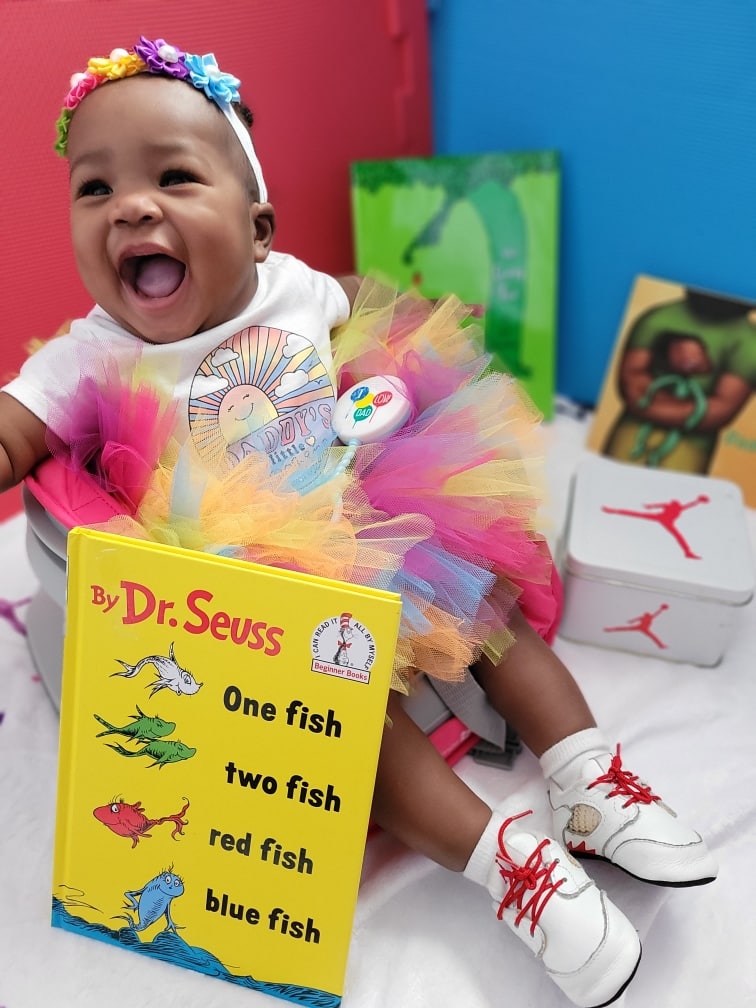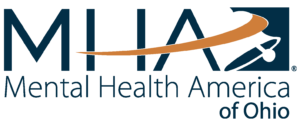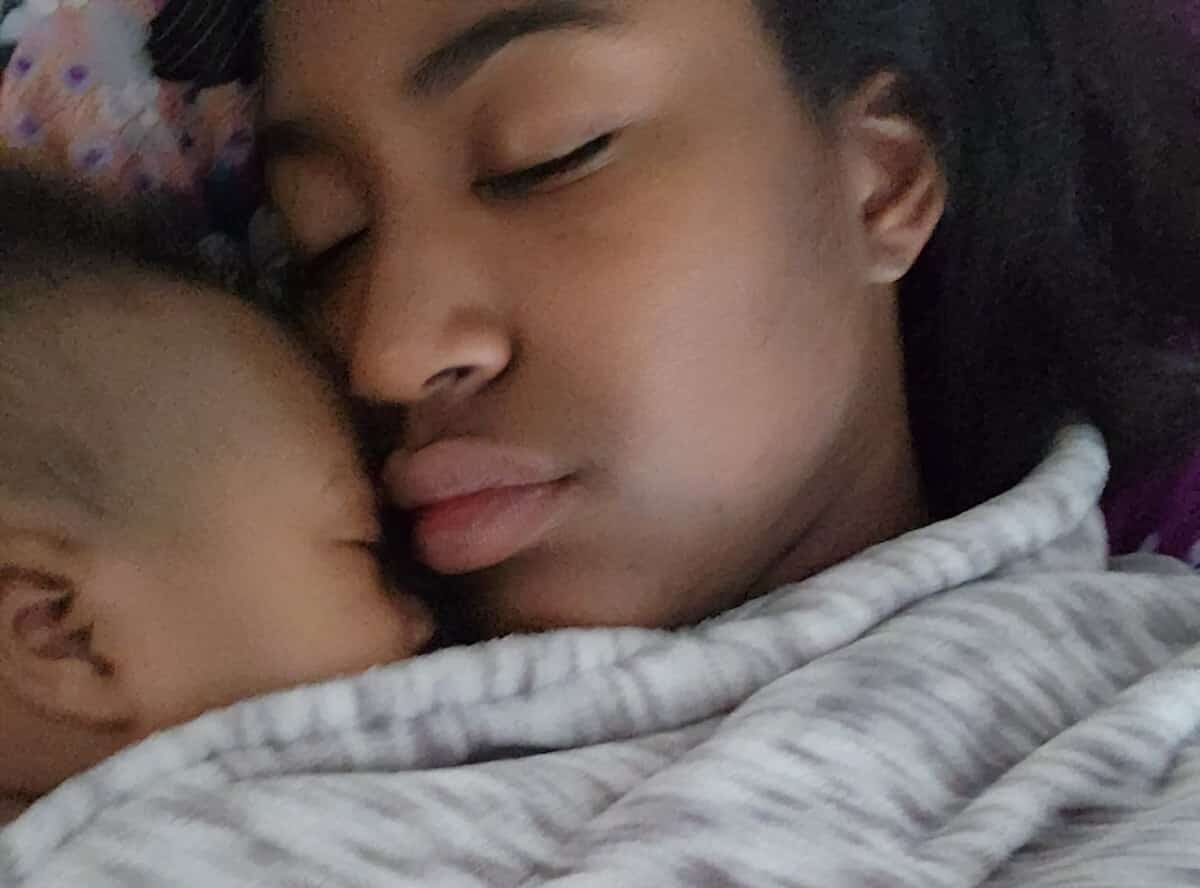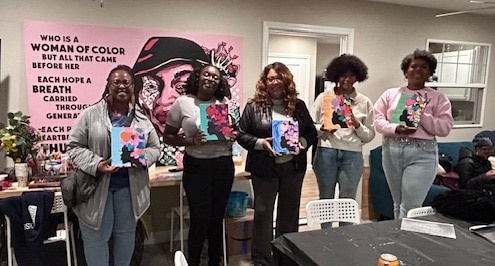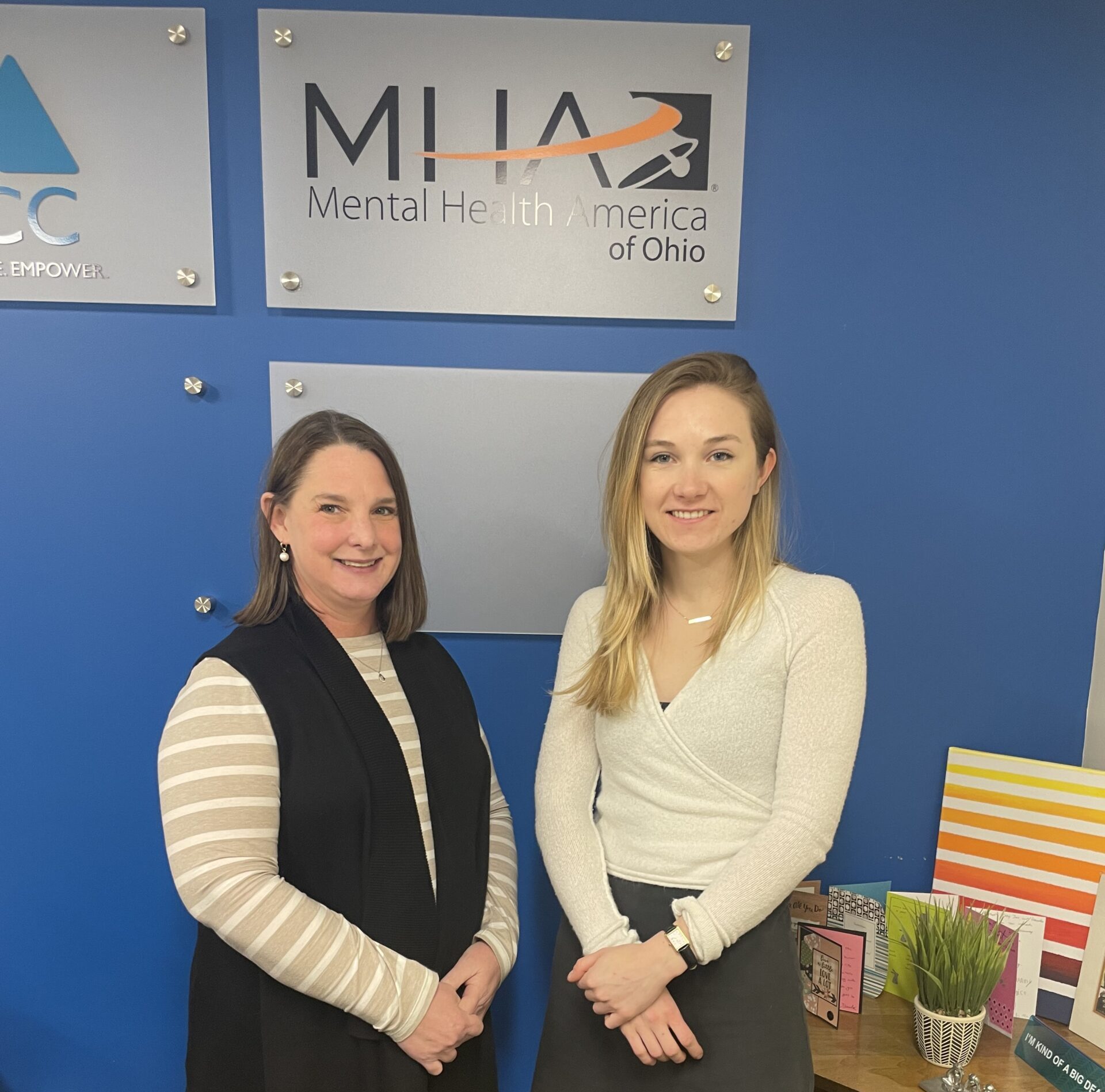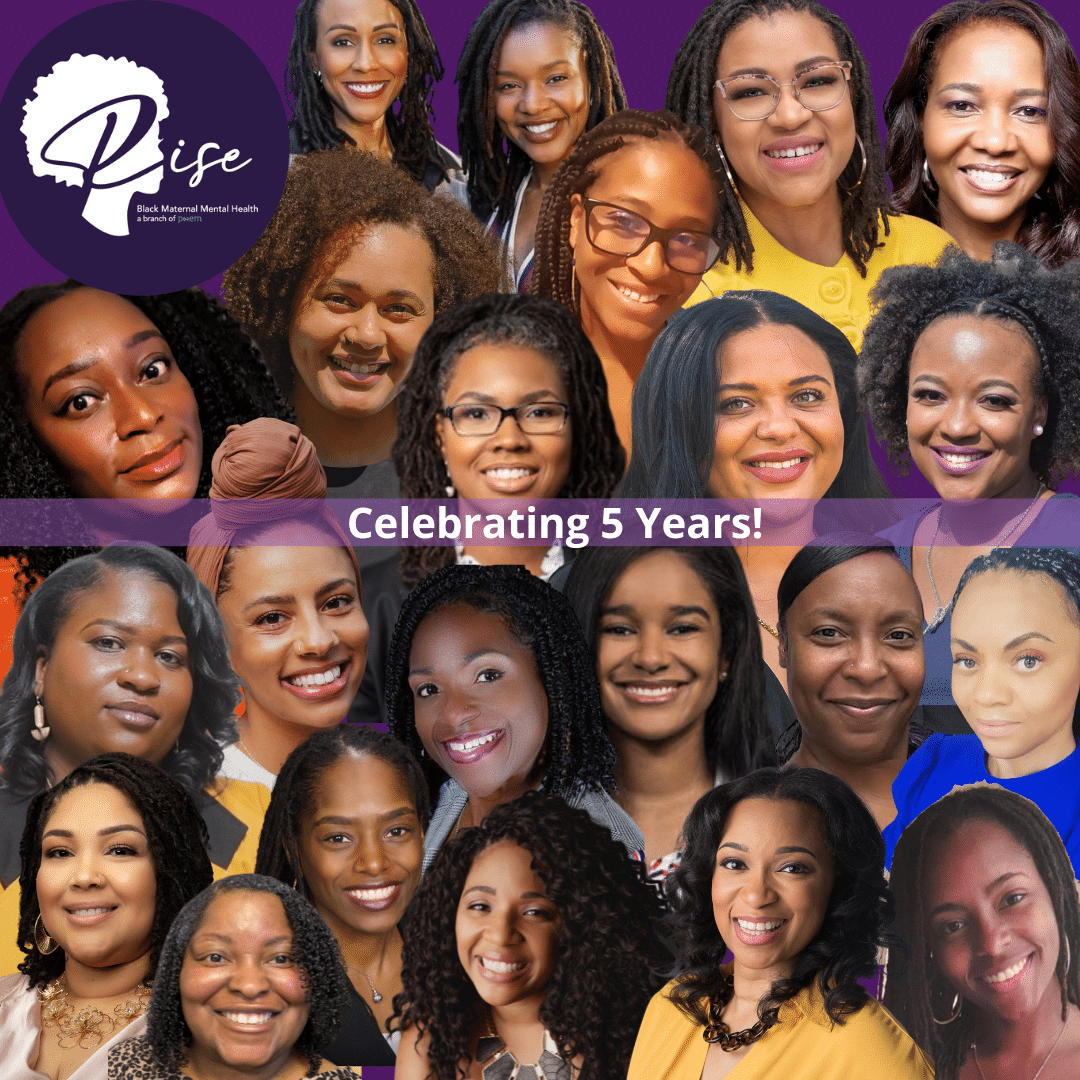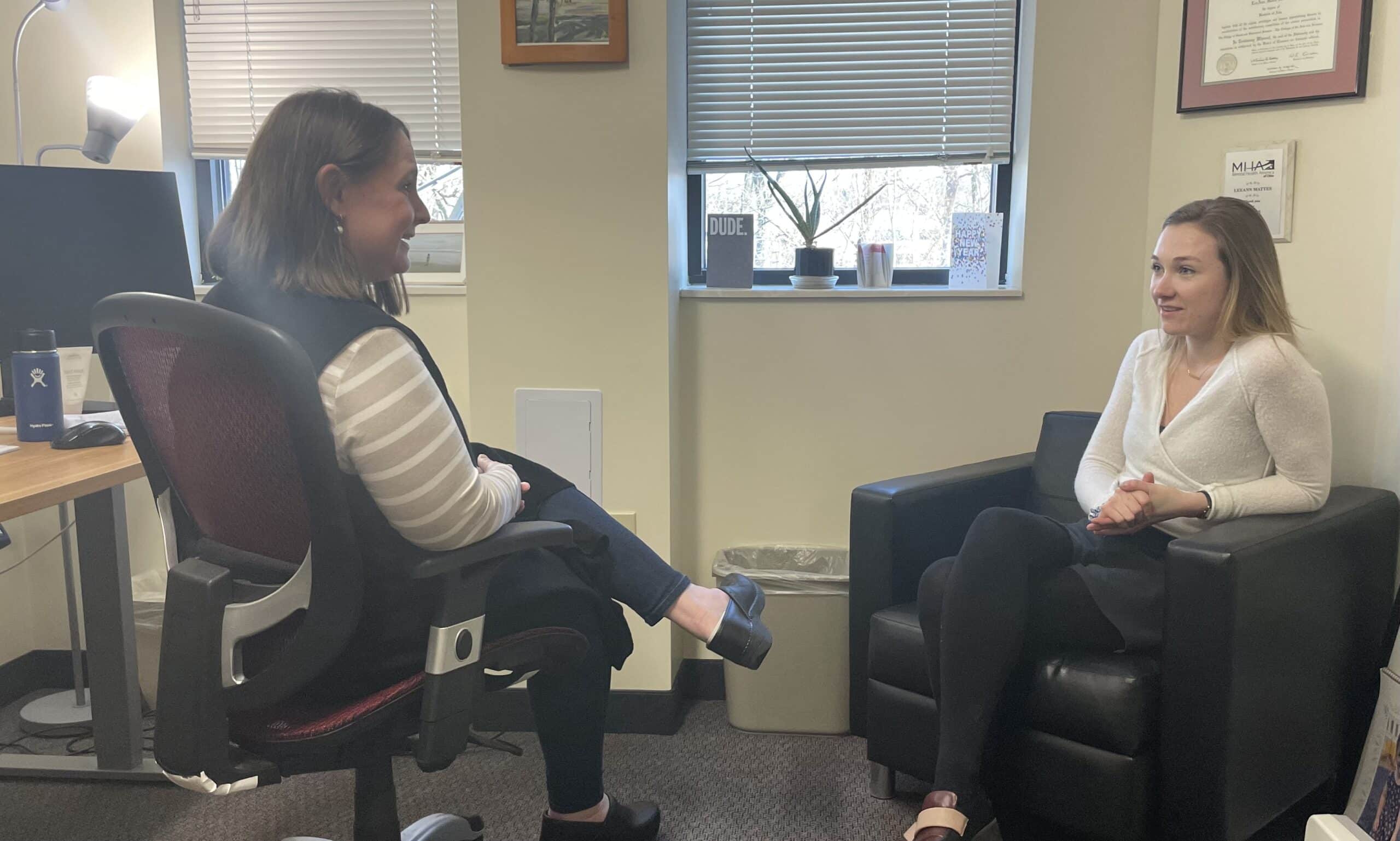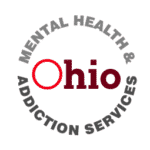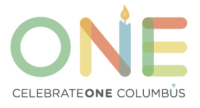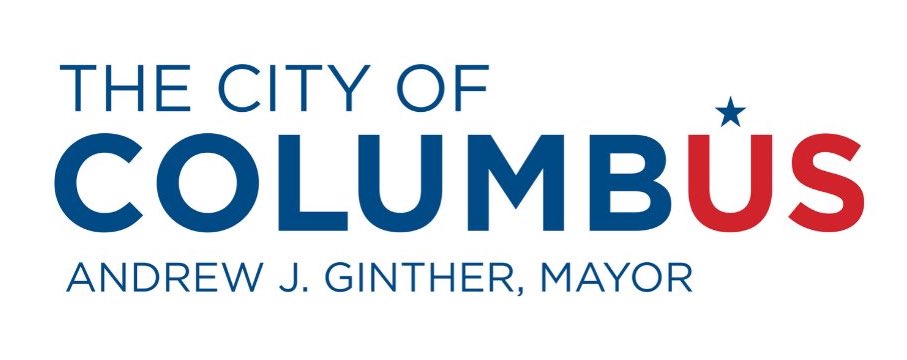Name: Tiffany
Pronouns: She/Her/Hers
Snapshot: Tiffany recounts being pregnant during a very stressful time in her life. Her family was grieving and experiencing declining health. The world looked different due to the pandemic, and her job was demanding in response to the shifting times. Grief and anxiety were present for Tiffany during the 1st and 2nd trimesters and worsened as her pregnancy progressed and became high risk. Tiffany finally shares how she moved through a painful pregnancy and traumatic birthing experience with self-advocacy and support from peers.
How were you connected with POEM Rise?
I first heard of POEM at my OB office through a flyer in their office. I had reached out to them midway through my pregnancy due to mounting personal struggles, health concerns, and life after 2020. I reached out and began attending support group meetings once to twice a week.
Tell us about your pregnancy and postpartum journey. How did your experiences impact your mental health?
I became pregnant at a very stressful time in my life. I was coming off of the heels of 2020 when the world no longer looked as it should. I experienced close relatives receiving cancer diagnoses that couldn’t be treated right away due to COVID, the loss of my nephew, shouldering the declining mental health of family members, as a result, as well as working in a high-stress environment that was constantly changing due to COVID. I found out I was pregnant at exactly 4 weeks along because I was experiencing severe cramps throughout my body, shortness of breath, fatigue, and spotting. Since you can’t see an OB until you are closer to 8 weeks pregnant, I had to find a clinic that could do an ultrasound to ensure I was not having an extrauterine pregnancy. After receiving confirmation that things were as they should be I was encouraged to avoid stress of any kind. Since I was already spotting and cramping, they believed the first 12 weeks would be critical because those symptoms put you at higher risk for pregnancy loss. Experiencing pregnancy after the loss of a loved one was a very difficult road, so the thought that I could lose this life after already losing so much was very difficult to deal with. I struggled immensely with grief and anxiety for the 1st and 2nd trimesters of my pregnancy. After this, at 12 weeks, I began experiencing severe back and belly pain. I went to my doctor’s office to be seen and they immediately sent me to the hospital for further evaluation. As I waited, I thought again how terrifying and difficult this road was going to be. I learned at that visit I had developed fibroids that were growing very quickly. I was told the baby was safe, but it could result in a very painful pregnancy for me. And it was. Due to the fibroids, I was experiencing advanced pregnancy symptoms. Meaning, when I was 12 weeks, my body was experiencing the symptoms of a 16 week pregnant woman. Experiencing chronic pain is very difficult on one’s mental health. I was irritable, angry, depressed and just wanted it to be over. I was so disappointed that I was not having the pregnancy that others were having. I began to isolate myself from family and friends and spoke very little. I had to be forced to have celebratory events like gender reveals and baby showers just to have moments of happiness to celebrate. I reached 23 weeks and had yet another scare when my baby shifted down into the birthing canal in position to be delivered. I was placed on bedrest at this time to try to move her back up and prevent preterm labor. At this point, I was very active at work and in my community. I worked in-person as a senior leader in an environment that required hands-on work. But, I was unable to do this and had to choose between using FMLA time before my daughter was born, which would have lessened my maternity leave, or go against my doctors orders and put the health of my child at risk. It was a very stressful decision and at this time I reached out to POEM because it felt like one thing after another and I needed support from other pregnant moms. My last trimester was incredibly difficult, as I experienced regular, painful contractions for 3 weeks straight, with no progress toward labor. So, I was in and out of the hospital and doctors offices monitoring my contractions. This was hard because there are no ways to manage labor pain outside of an epidural. So, I was in unbearable pain for 3 weeks. Finally, the last week before I delivered, my blood pressure began to rise at each visit. Due to the risk of preeclampsia, accompanied with painful contractions, my doctor recommended induction at 37 weeks. I went into labor the day before I was supposed to be induced at 37 weeks exactly. After a healthy delivery of my daughter, I experienced two significant spikes in blood pressure where I lost mobility on one side of my body and lost vision in one eye. I was discharged the same day and told to check my blood pressure periodically at home. I was not given a blood pressure cuff or told to be concerned. Within 2 days of delivering, I was back at the doctor with high blood pressure. I was told they did not think it was postpartum preeclampsia, but that my body was regulating itself postpartum. However, my doctors did start me on medication and kept an update on me every few hours. Eventually, I had to go to the emergency room for a blood pressure of 190/130. I was admitted and stayed under treatment and observation for 3 days and released. I returned to the hospital 24 hours later with the same issue. I was admitted again and stayed for an additional 3 days. For the next 6 weeks, I had to take an absorbent amount of medication, monitor my blood pressure at least 4 times a day, recover from delivery, and care for a newborn. I was in survival mode for most of it, but later experienced intense anxiety and little feeling and connection to my 2-month-old. I still attended support groups, had a postpartum doula, and finally received a referral to a therapist that specializes in postpartum individuals. I was in therapy before this with someone else, but stopped because I viewed many of my issues as stemming from pregnancy and postpartum, and they were not able to assist me. If I had not had an additional support system of other moms and specializers of pregnancy-related issues, I would have been much worse off and potentially not sought help when I did, which ultimately saved my life by preventing a stroke. My physical and mental health declined as a result of pregnancy and it was one of the hardest seasons of my life. I was mentally traumatized by my birthing experience, and it has caused me to struggle with anxiety, feelings of depression, and mental fatigue. I am grateful my daughter is healthy and alive, but I have had to grapple with the fact that both she and I could have lost our lives. I have relied on my faith in God, family, therapy, and POEM during this season, and I am grateful it is not a journey I have had to walk alone.
Were there any forms of support you found beneficial to you in your journey?
Support groups, therapy, and familial support.
Are there any words of wisdom or encouragement that you’d like to offer other birthing persons?
I would encourage any expectant mother to get the help before you need it. Find the phone number to a group or therapist. Surround yourself with people that make you feel calm. Control what you can and leave the rest. Growing a human is hard work if everything goes perfectly. So, always set your expectations and the expectations of those around you for what you need and what you will not allow. It is a privilege to grow life, but it can also be a burden. It was an experience I almost had to choose to give my life for. Learn how to advocate for yourself and teach your support people how to advocate for you too! Get the help! No matter what anyone else says! Get the help.
